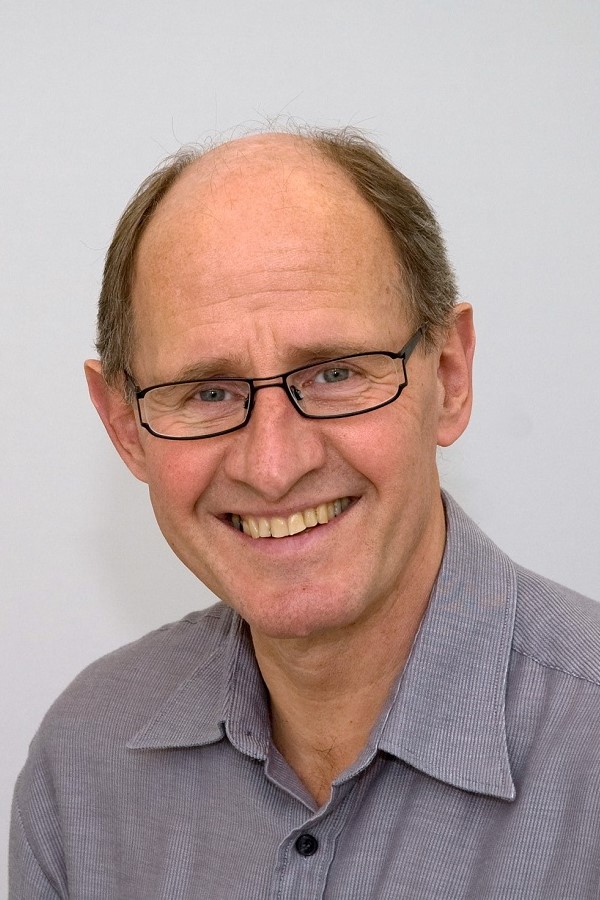Mats Hansson is Professor of Biomedical Ethics and founded the Center for Research Ethics and Bioethics at Uppsala University in Sweden. His research interests are the use of tissue, participation and technology assessment.

Professor Mats Hansson
Pubcare / Uppsala University
Hansson studied biology and theology and founded the Center for Research Ethics and Bioethics at Uppsala University, where he was director from 2008 to 2019. He has been and is involved in several European research projects and a biobank platform. Amongst other topics, he works on ethical, legal and social conditions for the use of human tissues in research. His research topics include methods and procedures of participatory decision making and the ethical challenges associated with communicating genetic risk information. Hansson has published numerous international papers as well as contributed to many scientific conferences and spent several research stays in Germany, the US and the UK. He was a member of the Scientific Advisory Committee of the Swedish Council on Technology Assessment in Health Care from 2009 to 2017.
Further information: Mats G. Hanson_CRB.uu.se
Patient and general public perspectives on using human embryonic stem cells for medical purposes
Research and commercial use of human embryonic stem cells have for long been seen as morally controversial, exemplified by the prohibition of commercial exploitation in Patent law. According to the Swedish Patent Act Ch 1, Article 1c (1967:837, 2022:486) " a patent is not granted for an invention where the commercial exploitation would be contrary to public order or morality". e.g., an invention based on the use of human embryonic stem cells. This interpretation is reiterated in the official information from the Swedish, Intellectual Property Office (PRV): "Methods which use human embryos, such as the production of embryonic stem cells, are ... not patentable".
Since almost any medical invention to be put in clinical practice involves some partnership with commercial actors who need to have their economic risks controlled, use of human embryos for creating new medical products seems not to be an option. However, these exceptions to patentability need to be based on nationally and culturally accepted value systems and it is well known that the moral landscape is in constant change in all societies. In particular biotechnology and life science research have constantly crossed barriers. One notable example is Gene Therapy, that in the beginning was considered as an illicit "tampering with the basic building blocks of life". Today gene therapy has evolved as an efficient and accepted medical treatment for several conditions.
In order to investigate what today would be an acceptable use and in line with current public order and morality we asked patients with Parkinson's disease, couples who had left-over embryos from In Vitro Fertilization and a representative sample of the Swedish general public. The context was the use of human embryonic stem cells for the development of Advanced Therapy Medicinal Products
(ATMP) in order to treat patients with Parkinson's disease. In summary, it was shown that regardless of views on the moral status of human embryos there was a broad acceptance of using left-over embryos for a good medical purpose, but they and the donors should be treated with respect.
Accordingly public authorities should pay attention to the changing moral landscape. The first approved clinical trial in Sweden related to using human embryonic stem cells for treatment of Parkinson's disease may be seen as a good example in kind.